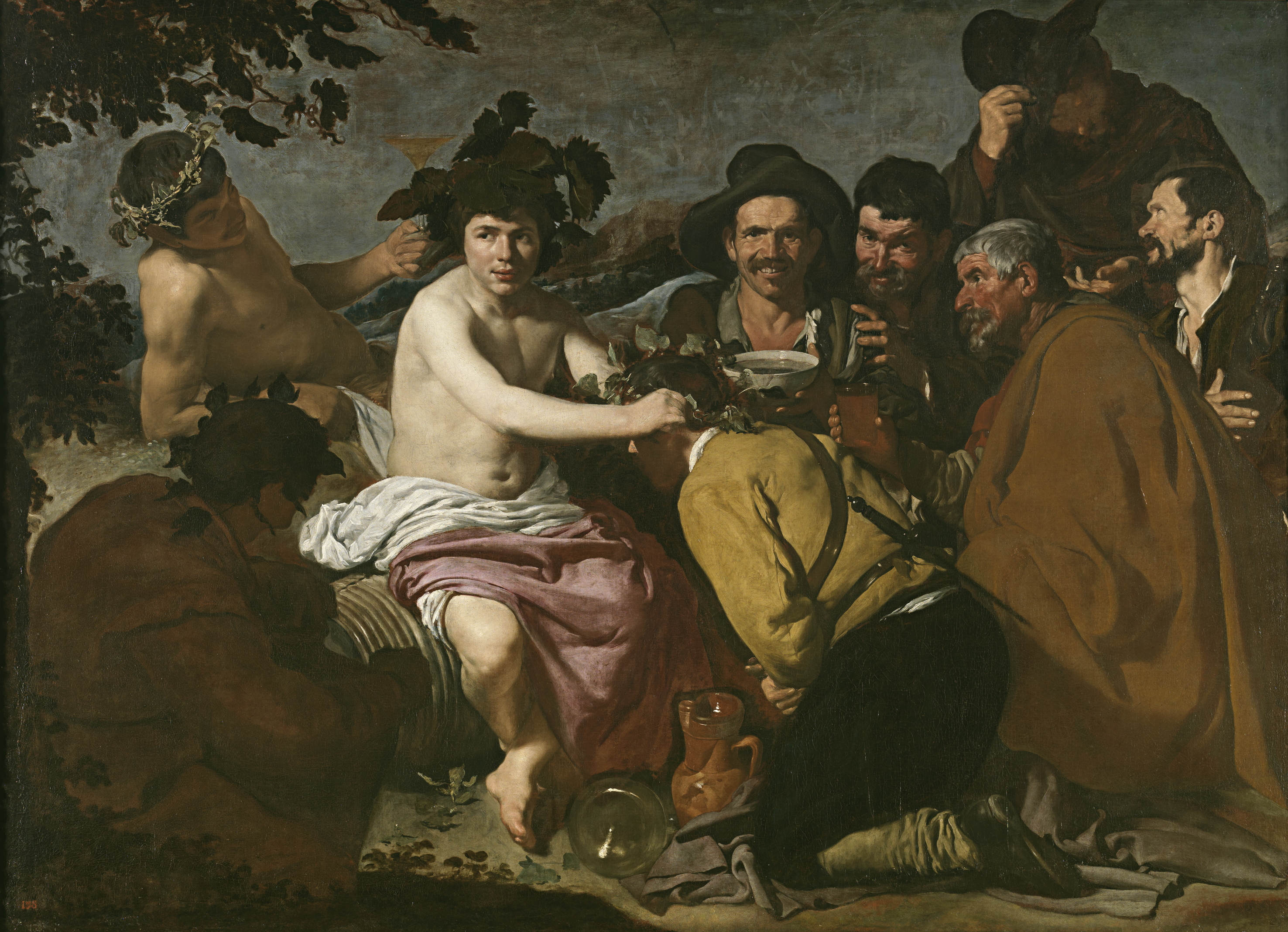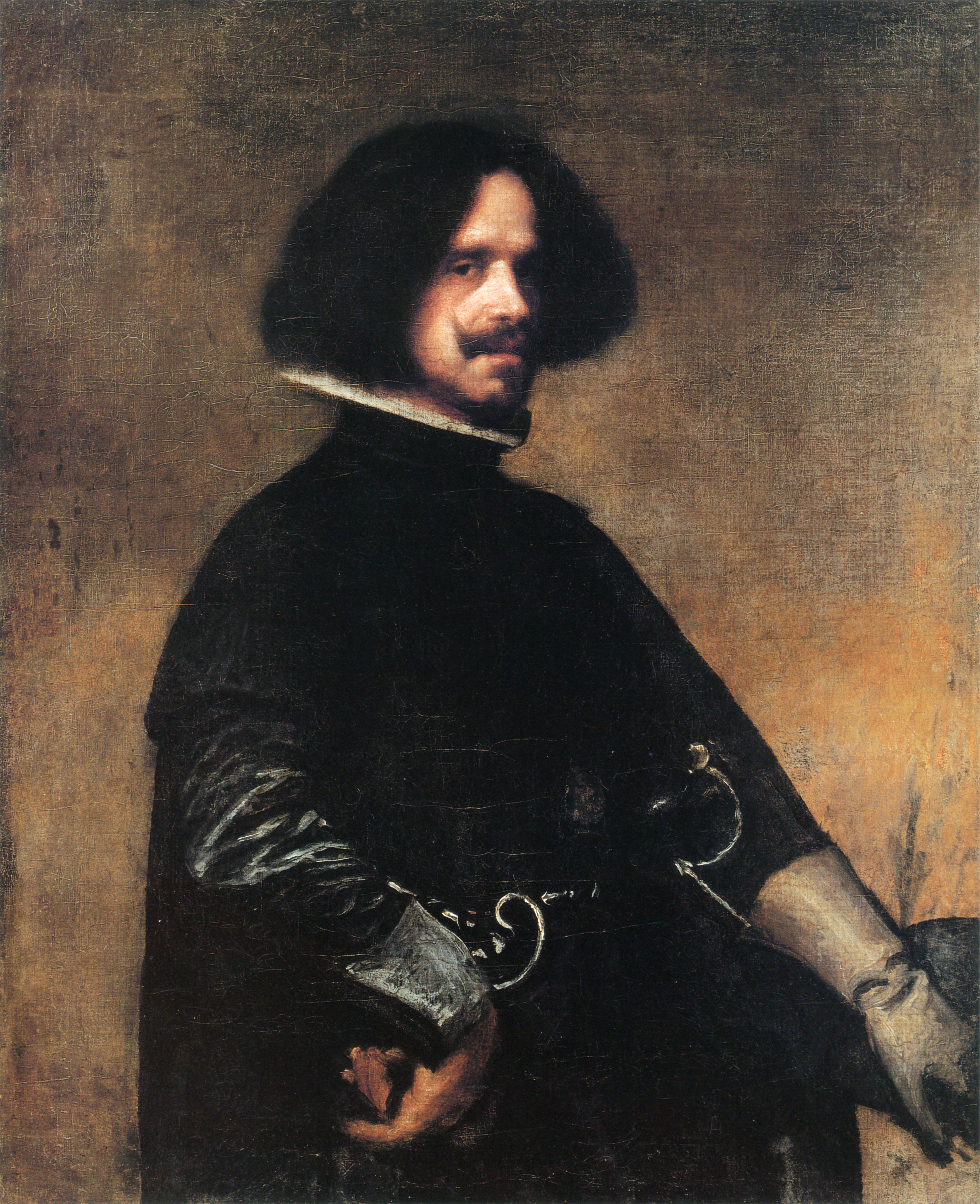Time for a Wednesday Thought of Art, curated by our Portuguese friend, Artur :) Forget about intentions, for the thinkers of utilitarianism it all comes down to the measurable effect of what has been done—the usefulness of one’s actions determines its value. And “useful”, for those who embrace this perspective, consists in promoting General Happiness: being happy understood as having pleasure and absence of pain. So if an hedonist, like Dionysus (greek God of Wine, Ecstasy and the Theatre) or his roman equivalent Bacchus pictured here, came down to Athens with the intention of destroying the town, after watching a terrible theatre play, but ended up just getting everyone cheerfully drunk, then his deed would be not just acceptable but also valuable. Let’s imagine another situation: Velázquez arrived at Madrid with tortillas for everybody in King Philip IV court, and in that same evening he painted a beautiful baroque portrait for a blind little girl. The girl lost it and noone could see it. In this mindset, bringing tortillas would have been more valuable than the creating painting… Jeremy Bentham, referred last week, said that a card game could have the same value of a piece of art. For him, general happiness could be mathematically expressed, calculating the amount of widespread pleasure brought by an action and the absence of pain it would provide - depending on their intensity and duration. Thus, actions and man made objects gained empirical and objective value, capable of sustaining quantifiable comparisons. But can two things so different by nature, like cads and music\tortillas and paintings, be compared like this? - Stuart Mill didn't think so, and we will have a look at him next week :) Artur Deus Dionisio (yes, it literally translates in Portuguese to “Arthur God Dionysus” - I’ll blame my family-name for my potential future alcoholism)




The Triumph of Bacchus
oil on canvas • 165 cm × 225 cm
 Diego Velázquez
Diego Velázquez